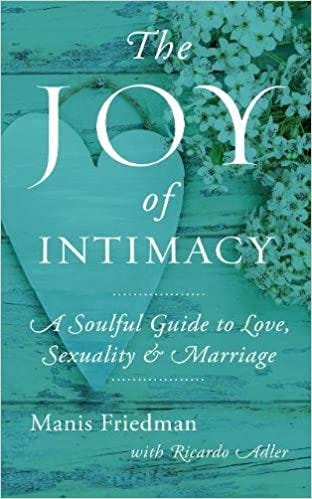Last week, my grandmother passed away. She had been in pain for a long time and we knew it was coming, so it wasn’t sudden. But losing someone close to you is always hard. We called her Gaga because her first grandson couldn’t say grandma, and the name stuck. She was a really special woman - I posted a video on my channel today about 5 things I learned from her.
My family has come together to grieve and support my father during this time, but I thought I would share with you some of the beautiful Jewish laws and rituals of mourning. The Torah truly understands the human mourning process, and I believe that these practices show that perfectly.
Jewish Burial. In Judaism, we believe that the body is a vessel for the soul while it’s on earth. When a person dies, their soul is trapped between the physical world which they cannot participate in, and the spiritual world, where they wish to go. With that in mind, we believe in burying someone as soon as possible after they pass. The body is purified and dressed in a plain white cotton, muslin, or linen shroud to show that we are all equal in death.
In the actual burial, it is considered a great mitzvah (commandment) to actually shovel the earth to fill the gravesite. It is the one kindness we can do that can never be returned, and so we do one last thing for our loved one.
Tearing Your Clothes. At the funeral, the mourners tear their clothes and wear the torn piece of clothing for the next seven days. We do this for two reasons - one, it’s a visceral response to a painful event. We express our pain and sorrow by tearing the very clothing that we wear.
The second reason, the deeper reason, is this: the body is simply a garment that the soul wears in which to move around the physical world. Even though a person died, their soul lives on. Just as only the garment of the soul, the body, has expired, so too the torn garments we wear are only an outer covering of our inner essence which remains intact.
Sitting Shiva. After the burial, the family joins together to “sit shiva” for seven days, a time period in which the mourners are visited by their community. The community is meant to sit and listen and allow those who are grieving to talk about whatever they want. There should be no pressure on the mourners to put on a happy face - people are coming over with the explicit intention of mourning and grieving with them.
People will also bring food to ease the difficulties of cooking and feeding your family during a painful time. No work is to be done during this period and all of your focus should be on the loss of your loved one and the lessons and memories you will carry with you into the future.
The Time Period Of Mourning. One of the very interesting things about the Jewish laws of mourning is the time period you are meant to grieve. During a period of time called “shloshim” or “thirty,” you are not allowed to attend parties, listen to music, and generally feel celebratory. This time period is observed for the death of a child, spouse, or sibling. However, for the death of a parent, that time period is extended for one year.
We can extrapolate that the reason for this is that it would be easy to mourn and grieve and stop living for the unnatural or untimely deaths of a child or spouse. You could mourn the rest of your life for something as painful as that. But God limits the amount of time to a month and says, “It’s time to move on.”
With a parent, though, we can accept that it’s natural for them to pass on before we do. Of course it’s painful, but it is more in line with our understanding of life. So God has us mourn for a full year. Here, God says, “Wait. Before you move on, you must remember everything your parents have given you. You must not take for granted the gift of life your parents bestowed.”
I am so grateful that I am an Orthodox Jew and that I can embrace these traditional practices to mourn with my family. Even though I am not a direct mourner (my father is, but these laws don’t directly apply to grandchildren), I can still see how beneficial these practices are for my family as a whole and my father in particular. It’s a blessing to know that God knows his children so well as to provide us with the perfect grieving process.
IN CASE YOU MISSED IT: This Month's Book Club Selection
I’m excited to share this month’s book club selection! After we read Cheap Sex for our book club, I thought it would be appropriate to follow it up with The Joy of Intimacy! I’m so excited to delve into it.
What You Might Have Missed On Classically Abby…
Welcome to Classically Abby!
I'm a wife, mama-to-be, opera singer, entrepreneur, YouTuber, and your guide to becoming the classic woman you've always wanted to be! Follow me on YouTube, Instagram, and Twitter to see how! And together, let's be classic.






These traditions are beautiful... I'm so sorry for your loss, Abby.
Thank you for sharing. I’m sorry for your loss. God bless you and yours during this time.